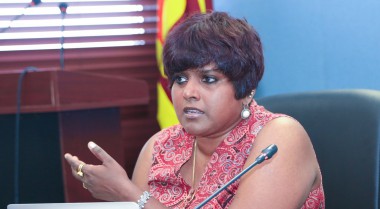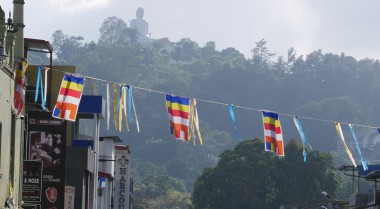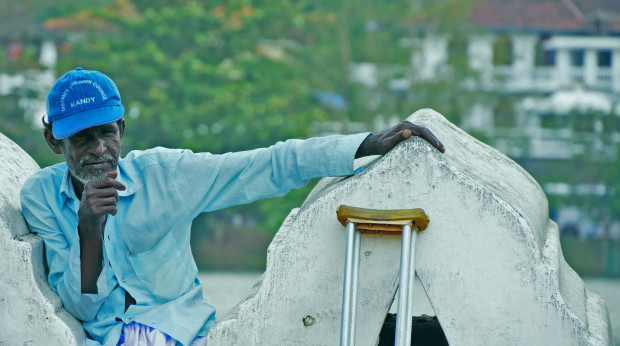
Pakistan: the Rising Voices of Young Women
South Asia is home to one-quarter of the world’s population out of which 30 percent are youth. Especially, Pakistan is breaking a record in terms of population. Today, the country has the largest generation of young people in its history. 64 percent of the population is under the age of 30. In the last years, Pakistan has experienced a rise in violence in terms of frequency, scope as well as magnitude. Violence is most intense along the Afghan border where extremism and intolerance of diversity have increased.
Youth in Pakistan offers an opportunity for development and economic growth, but many young people are confronted with violence instead. This limits their agency and involvement. The young generation living in Quetta is particularly vulnerable since the city is located close to the Afghan border in the region of Baluchistan in the southwest of the country. Many Islamic fundamentalist groups operate out of Quetta. Daily life in the city is characterized by target killings, suicide bombings, disappearances, and destruction.
Youth in Pakistan offers an opportunity for development and economic growth, but many young people are confronted with violence instead. This limits their agency and involvement.
Our member ASR Resource Centre (ASR) in Pakistan recognizes the unique position of youth to make a change. Therefore, they invited young students of the University of Baluchistan to participate in a roundtable discussion. For the first time ever, they had the opportunity to participate in such a forum. Especially young women were interested to join.
In Pakistan, young women tend to be excluded from participating in discussions. The particular setting of the roundtable made women feel safe to express themselves. ASR had applied strict confidentiality rules. Through exchange with peers in a safe setting, they felt understood and respected. They felt empowered.
To spark the discussion, the ASR facilitator reflected on the conflict situation in Pakistan. She especially highlighted the impact of conflict on women. Participants were then encouraged to share how they experience conflict, radicalism, and militancy in the region. They identified unemployment and the smuggling of drugs, religious extremism and tribal conflicts to be amongst the main obstacles for a peaceful society.
Young people are key in peace processes, in shaping decisions that affect the rest of their lives and preventing the recurrence of violence by peaceful means.
They also shared thoughts on the role of youth in addressing these issues and how to move forward. Many highlighted the importance of education to counter negative stereotyping. Others suggested to further facilitate discussions to create an enabling environment for peace. In addition, they stressed that women must be engaged in peace dialogues and act as change-makers.
The participants perceived the discussion as a huge success and an empowering experience. It is an excellent example of achieving meaningful youth participation in conflict prevention and peacebuilding. It shows that to guarantee sustainable peace, all members of society have to be involved. This includes youth. Young people are key in peace processes, in shaping decisions that affect the rest of their lives and preventing the recurrence of violence by peaceful means.


